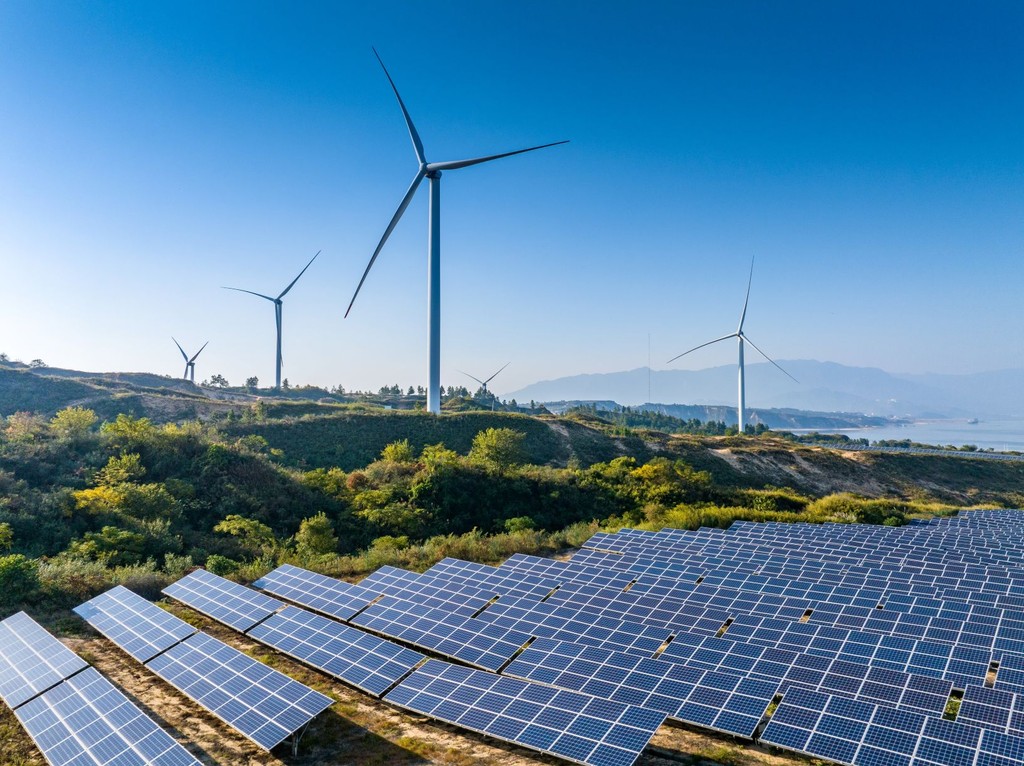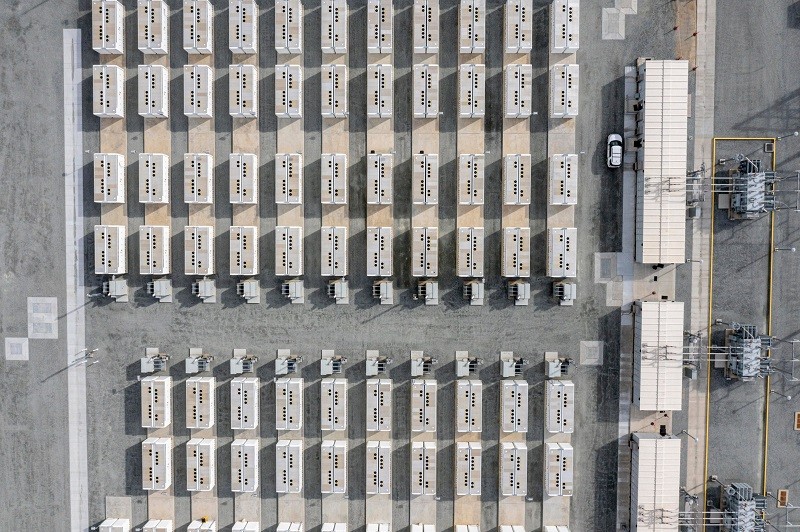Scaling conservation funding will require the public and private sectors to integrate nature into planning processes, policies and investments: BNEF
London and New York, 5 April 2023 – Safeguarding the Earth’s biodiversity won’t be cheap, but it is far less expensive than the alternative.
Financing explicitly to protect and restore the planet’s more fragile natural resources currently amounts to $166 billion per year – less than one-sixth of the annual investment in the energy transition, based on analysis from research company BloombergNEF. This will need to jump to almost $1 trillion by 2030 to sustainably manage biodiversity and maintain the integrity of ecosystems.
While this is a sizable sum, it pales in comparison to the anticipated economic cost of biodiversity loss by the end of the decade. Even by the World Bank’s conservative estimates, the deterioration of natural processes like wild pollination and resources like marine fisheries could see global GDP come in $2.7 trillion a year lower than projected levels by 2030.
The Biodiversity Finance Factbook, released today by BloombergNEF, provides finance, policy and sustainability professionals with important data to gauge current and required finance flows. The Factbook then identifies where funding should be prioritized and offers insights on how to make this happen.
The Global Biodiversity Framework agreed in Montreal last year will necessitate a significant scale-up in finance. If this is not achieved, companies face physical risks with financial repercussions, such as supply-chain disruptions and price volatility, and the destruction of real assets due to erosion or wildfire, for example. They also incur transition risks, including higher costs spurred by tougher regulations to mitigate biodiversity loss, denial of permits and reputational harm.
Victoria Cuming, head of global policy at BNEF and lead author of the Factbook said, “The 2022 biodiversity deal won’t be worth the paper it’s written on unless governments, financial institutions and companies ramp up financing and integrate nature into their plans and policies.”
Public financing in the form of government spending and tax breaks currently dominates capital flows for biodiversity. The vast majority of this support is spent domestically.

“BNEF’s new prioritization framework is based on the premise that funding should be directed at developing countries where biodiversity is plentiful, provides economic value and at risk of being lost,” said Jon Moore, BloombergNEF CEO.
Presented in the Factbook, the new framework identifies that governments and companies should focus their nature conservation efforts on large, middle-income countries such as Brazil, China, Indonesia and India, driven especially by the value of ecosystem services provided by nature, due to their large economies or land mass. After these high-priority countries comes a larger second tier of small, middle-, and low-income nations like the Democratic Republic of Congo, Colombia and Peru.
Despite sharing common characteristics, the biomes and species in need of protection vary greatly from region to region, and encompass terrestrial and marine resources, plants and animals.

The Biodiversity Finance Factbook identifies six overriding tasks governments, companies, and financial institutions must address:
• Back initiatives to collect and share biodiversity data and harmonize metrics and frameworks.
• Integrate biodiversity into planning, operations and reporting.
• Reform environmentally-harmful subsidies and boost biodiversity support.
• Develop replicable business models and use concessional funding to address the dearth of bankable biodiversity projects.
• Improve the environmental integrity of offsets and other mechanisms.
• Promote industry and local community buy-in.
The Factbook dives deeper into these challenges, offering actionable recommendations for each for governments, financial institutions and companies across the short, medium and long term.
Contact
Oktavia Catsaros
BloombergNEF
+1-212-617-9209
ocatsaros@bloomberg.net
About Bloomberg
Bloomberg is a global leader in business and financial information, delivering trusted data, news, and insights that bring transparency, efficiency, and fairness to markets. The company helps connect influential communities across the global financial ecosystem via reliable technology solutions that enable our customers to make more informed decisions and foster better collaboration. For more information, visit Bloomberg.com/company or request a demo.






